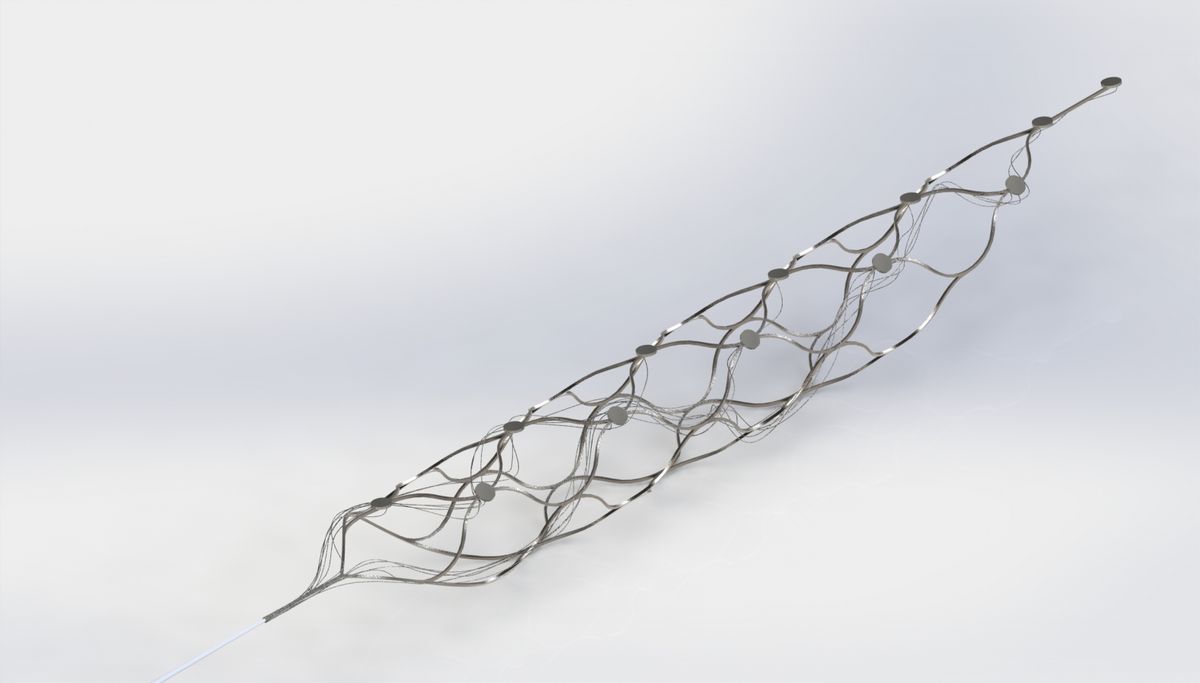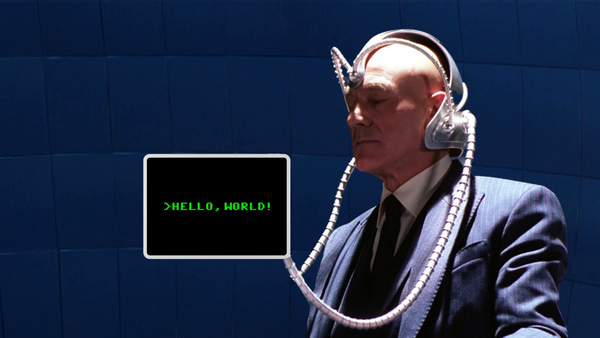Synchron, a company that develops implantable brain-computer interfaces (BCIs), has received permission from the U.S. Food and Drug Administration (FDA) to conduct clinical trials with human patients putting the company ahead of competitors like Elon Musk’s Neuralink. The company plans to start its early feasibility study of its Stentrode implant with six subjects at Mount Sinai Hospital in New York later this year. The study will evaluate the safety and efficacy of the device in patients with severe paralysis. Synchron aims to make the device available for purchase within 3 to 5 years.
Zoom In: Using a minimally invasive procedure that takes around two hours, Stentrode is implanted through a blood vessel at the bottom of the neck and maneuvered into the brain. The device transfers data from the motor cortex to control digital devices. A clinical trial involving four patients is already underway in Australia. In the trial, two patients were able to control a computer purely with their thoughts, performing work tasks such as sending text messages, writing emails, doing online banking, and even shopping for items.









